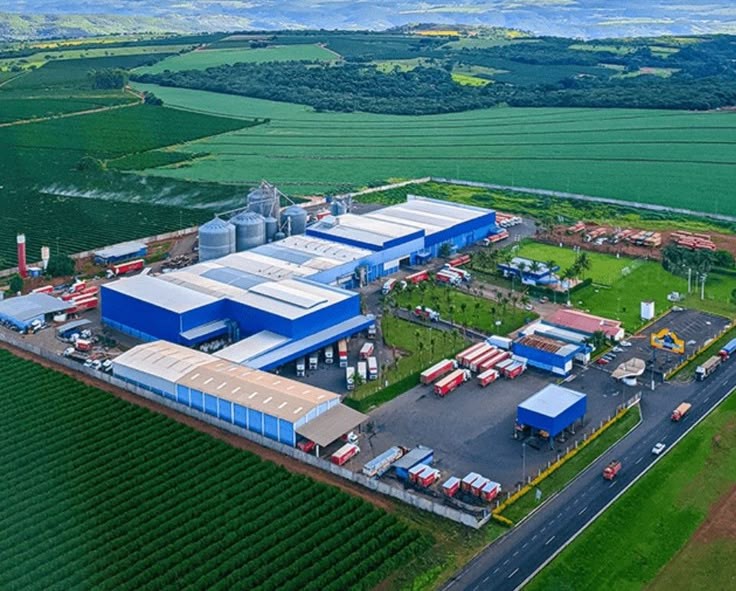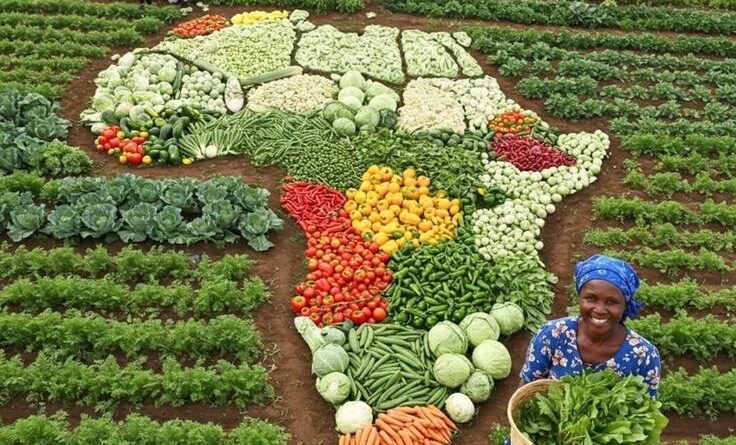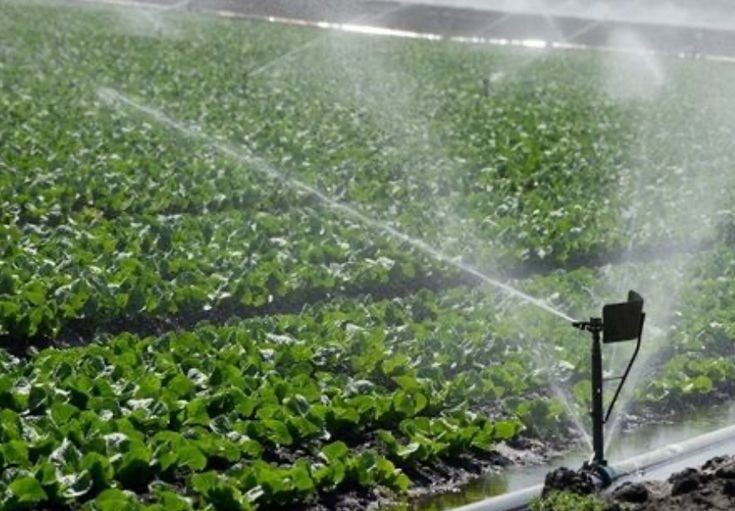How State Governments Plan to Boost Agriculture in 2025: Farmers Speak Out
Introduction

In 2025, agriculture remains one of Nigeria’s most critical sectors, providing livelihoods for over 70% of rural households and contributing significantly to the economy. But with rising food prices, climate challenges, and a growing population, state governments are now taking bold steps to modernize farming and ensure food security. Across the country, initiatives range from funding mechanized farming to introducing smart irrigation systems and supporting agribusiness startups. Farmers themselves are weighing in on how these policies are changing their lives.
State-Level Strategies For Agricultural Growth
1. Mechanized Farming Programs

Several states, including Kaduna, Ogun, and Cross River, are investing heavily in agricultural machinery. Through public–private partnerships, these states are providing tractors, harvesters, and planting equipment to farmer cooperatives at subsidized rates.
“We used to rely on manual labor, which took days to till a hectare of land,” says Aminu Mohammed, a rice farmer in Kaduna. “Now, with access to tractors, we can prepare the same land in just a few hours, which means we plant earlier and harvest more.”
Internal Link: Read more on [5 Startup Sectors Thriving in Nigeria Right Now] (to link later) — which includes agri-tech innovations.
2. Smart Irrigation And Water Management
Water scarcity has been a major barrier to consistent crop production, especially in the northern states. In response, state governments like Kano and Sokoto have introduced solar-powered irrigation systems.
These systems allow farmers to irrigate their fields year-round, reducing dependence on unpredictable rainfall. This aligns with the federal goal of achieving all-season farming to meet domestic food demand and cut import bills.
3. Access To Low-Interest Agricultural Loans
One of the biggest challenges for smallholder farmers has always been access to affordable credit. In 2025, states such as Oyo and Benue have launched agro-credit schemes with interest rates as low as 5%.
“We no longer have to rely on moneylenders who charge impossible rates,” says Chinwe Okeke, a cassava farmer in Abia. “With the new loans, I expanded my farm from two to five hectares.”
4. Training And Capacity Building
Governments are not just focusing on equipment and funding; they’re also investing in farmer education. Agricultural extension officers are working closely with rural communities to teach modern farming techniques, pest control, and post-harvest management.
For example, Ekiti State recently held a week-long seminar for maize farmers, teaching them how to use organic fertilizers and adopt climate-smart agriculture practices.
Farmer Perspectives: Is it Working?
While many farmers praise these initiatives, challenges remain. Some rural communities still lack proper road networks, making it hard to transport produce to urban markets. Others complain that political favoritism sometimes determines who gets access to government resources.
“Policies are good, but they must reach every farmer, not just the ones close to politicians,” warns Adamu Usman, a tomato farmer in Kano.
The Bigger Picture: Food Security and Economic Growth
The agricultural sector is key to Nigeria’s plan to reduce dependency on oil revenue. According to the National Bureau of Statistics, agriculture contributed 25.6% to GDP in 2024, and projections for 2025 suggest a possible 3–4% growth if current policies are sustained.
Boosting agriculture also has a multiplier effect — more jobs, cheaper food, and stronger rural economies. But experts warn that without proper storage facilities and processing plants, post-harvest losses will continue to eat into profits.
Looking Ahead
State governments have laid out ambitious plans, but execution will be the real test. If they can ensure fairness, transparency, and consistent funding, Nigeria might finally make a breakthrough in agricultural self-sufficiency.
Internal Link: You might also like — [Why the Naira is Struggling Against the Dollar — Expert Opinions] (to link later).
Final Thought:
2025 could be the year Nigerian agriculture takes a giant leap forward — but only if every farmer, from the large-scale investor to the rural smallholder, feels the impact of these government interventions. The seeds have been planted; now the harvest depends on sustained commitment.





